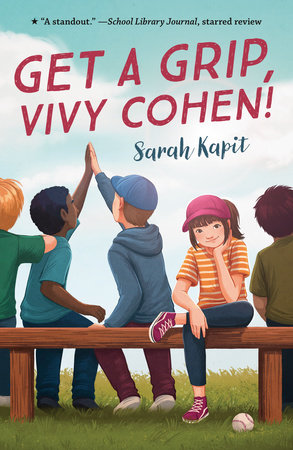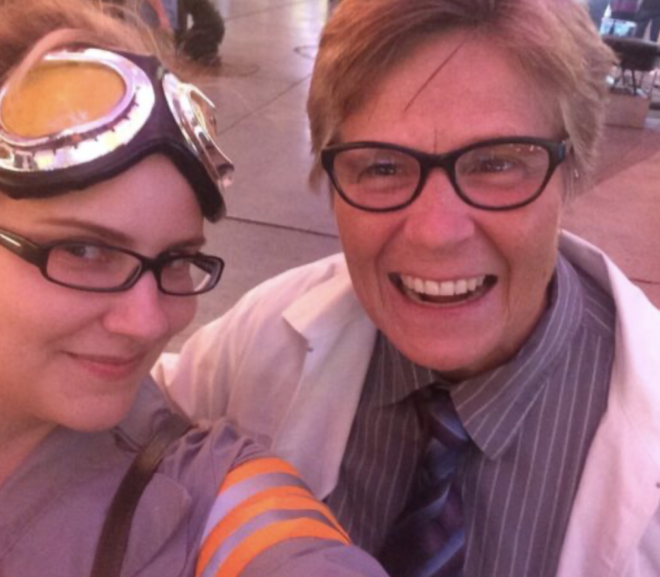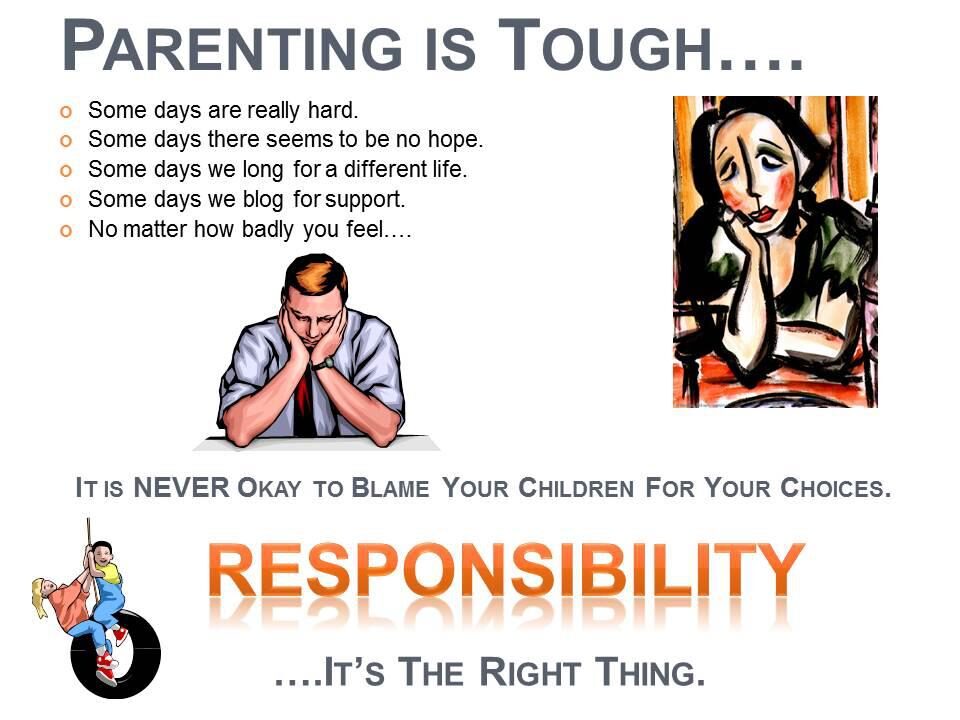Maybe there’s a reason autistic authors have often opted to write neurotypical characters. Maybe it’s proven to be more sellable and “believable” than their own experience. I’m upset, wondering how many wonderful autistic stories we’re missing out on as a world because of neurotypical gatekeeping.
Tag: writing
I had poured so much of myself into my protagonist. When my agent called my character childish, naive, and vulnerable, I couldn’t help but feel she was calling me childish, naive, and vulnerable.
One of the positives of ChatGPT’s engaging with me on topics related to neurodiversity, access, activism, and autism is that I am giving GPT a chance to learn an Autistic perspective from an Autistic person.
Autistic author Sarah Kapit is bringing a wide range of authentic autistic characters to her readers.
Why does the media keep letting parents of autistic kids exploit those kids’ most vulnerable moments? Autistic writer Sarah Kurchak talks to her mom Jane about why such stories aren’t parents’ tales to tell, and why Jane will never write about raising Sarah.
Elizabeth Bartmess elizabethbartmess.com This is a three-part series. Part I explores autistic interiority and neurology. Part II explores Diversity in Autistic Characteristics and Demographics. In Part I of this series, I talked about how good representation of autistic characters shows interiority—characters’ inner experiences and reasons for doing things—and how various aspects of autistic neurology affect our experiences, particularly sensory differences, language and speech differences, social skills and abilities, and our ability to strongly enjoy specific interests. I also briefly mentioned executive function, the usefulness of routines and structures, motor difficulties, and a few other common differences, plus some common co-conditions, and discussed how having these differences, and having to interact with others surrounding them, results in our developing skills and coming to new situations with particular expectations for what will happen. In Part II, I talked about variation among autistic people: we each have a particular constellation of neurological characteristics…
Elizabeth Bartmess elizabethbartmess.com This is a three-part series. Part I explores autistic interiority and neurology. Part III explores Setting, Plot, and Character Growth. In Part I, I talked about how neurological differences affect autistic people’s internal experiences and strategies, and how we change over time as a result. Today, I’ll talk about variation in autistic characteristics, in our and others’ relationship to our diagnosis (or lack of it), and variation in demographics, as well as how others’ perceptions of us influence how they treat us, and how we change in response. On Friday, I’ll bring everything together and add some thoughts and links to advice on writing autistic characters, along with a list of some common aspects of autistic experience that are underrepresented in fiction, plus a list of all the books and short stories I’ve mentioned. Even though autistic people have many things in common, we also vary a…
Elizabeth Bartmess elizabethbartmess.com This is a three-part series. Part II explores Diversity in Autistic Characteristics and Demographics. Part III explores Setting, Plot, and Character Growth. “A lot of writers and actors seem to be able to get their heads around what autism basically is, in terms of language, sensory, and social communication difficulties. But then it’s as if they don’t know, or can’t extrapolate to, the full range of experiences that autistic people actually live. That things have happened to us, and things have happened in certain ways for us all our lives, and those things have had consequences for who we become and who we are….[T]he autistic characters [readers and viewers] are used to seeing have no depth of experience. They are people without history.” —Chavisory, at Chavisory’s Notebook This series is about what autistic characters look like when they’re written well, when they have the depth of experience…
Maxfield Sparrow unstrangemind.com Photo © barbara w | Flickr/Creative Commons [image: Hands on a typewriter keyboard, at a sunny wooden desk, next to a drink on a crocheted white doily, amidst some plucked green leaves.] The last decade has seen a blossoming of blogs, articles, books, and documentary films about autism, authored by actually Autistic people. This is an exciting time of growth for Autist-created content about autism, and I want to encourage all Autistic people to document their lives: whether in a private journal, or to share with the public. There are great personal and community benefits that come from Autistic people writing about our lives—especially when we write about emotions, victories, and challenges and not just the factual events by themselves, although any autobiographical writing is helpful to the writer as well as to others if they decide to share what they’ve written. Michel Foucault, the postmodern philosopher,…
Karla Fisher Karla’s ASD Page I was a single autistic parent with 1 neurotypical and 1 ASD child to my care. I “get” how tough parenting can be. I remember many a night lying in bed weeping for the alone/helpless feeling that I had. I had no idea sometimes how I was going to physically survive. My life was completely different after children. My “normal” was completely redefined. I could not keep relationships. I had no money. And yet through all of these tough times I never once had the urge to blame my children or anything about them for my broken relationships, my career failures or even my hard financial life. I had made the choices that got me and them into the tough spots that we were in and I had to make different choices to get us out. And that is what I did, all the while…






